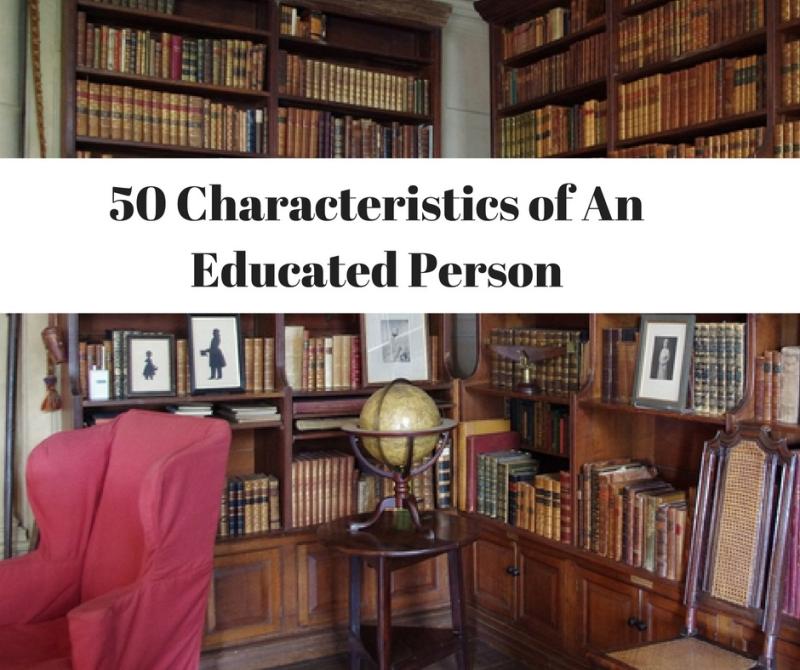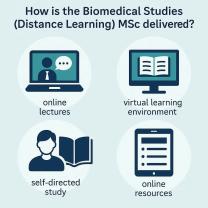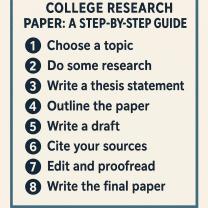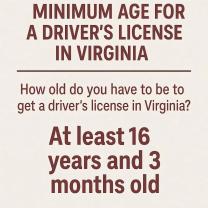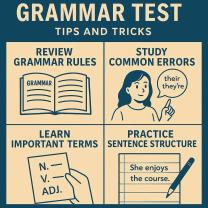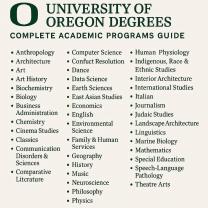What are the qualities of educated person?
An educated person possesses a diverse range of qualities that extend beyond academic achievements. Here are some key traits:
Critical Thinking: They can analyze information objectively, evaluate evidence, and make informed decisions. They question assumptions and think analytically.
Curiosity and Open-Mindedness: Educated individuals have a thirst for knowledge and are open to new ideas, perspectives, and cultures. They seek to understand and appreciate diverse viewpoints.
Continuous Learning: Education is seen as a lifelong pursuit. Educated individuals value ongoing learning, whether through formal education, reading, experiences, or interactions.
Effective Communication: They can articulate ideas clearly, listen actively, and engage in meaningful conversations. Effective communication includes both verbal and written skills.
Ethical and Moral Awareness: Education involves developing a sense of ethics, empathy, and social responsibility. Educated individuals exhibit ethical behavior and contribute positively to society.
Adaptability and Flexibility: They are adaptable to change and can navigate diverse environments. They embrace challenges and are resilient in the face of adversity.
Cultural Competence: An educated person respects and understands different cultures, practices inclusivity, and values diversity.
Problem-Solving Skills: They possess the ability to identify, analyze, and solve complex problems. This involves creativity and innovative thinking.
Self-Awareness: Education involves self-reflection and understanding one's strengths, weaknesses, and biases. This self-awareness contributes to personal growth and development.
Global Awareness: An educated individual is aware of global issues, geopolitical dynamics, and their impact on local and international communities.
Education encompasses a broad spectrum of skills, attitudes, and values that empower individuals to navigate life, contribute meaningfully to society, and continue growing intellectually and morally.
What are the defining characteristics of an educated individual?
Defining an "educated individual" is not as simple as ticking off a checklist of degrees or test scores. It's a multi-faceted concept encompassing intellectual curiosity, critical thinking, and a lifelong commitment to learning and engagement with the world. Here are some key characteristics that contribute to being an educated individual:
Intellectual Curiosity:
- A genuine thirst for knowledge and understanding across various subjects and disciplines.
- Asking questions, seeking diverse perspectives, and not being afraid to challenge assumptions.
- A passion for exploration, driven by the desire to learn and grow, not just accumulate facts.
Critical Thinking:
- The ability to analyze information objectively, identify biases and fallacies, and draw well-supported conclusions.
- Considering multiple viewpoints, recognizing the limitations of one's own knowledge, and being open to revising beliefs based on evidence.
- A problem-solving mindset that can approach challenges creatively and strategically.
Communication Skills:
- Expressing oneself clearly, concisely, and persuasively in both written and spoken language.
- Actively listening to understand different perspectives and engage in meaningful dialogue.
- Adapting communication style to different audiences and contexts, fostering collaboration and understanding.
Open-Mindedness:
- A willingness to consider new ideas, even if they contradict existing beliefs or comfort zones.
- Embracing diversity of thought and appreciating cultural perspectives different from one's own.
- Recognizing the interconnectedness of the world and one's place within it, fostering empathy and understanding.
Lifelong Learning:
- Recognizing that education is a continuous journey, not confined to formal schooling.
- Seeking out opportunities to learn and grow throughout life, through reading, discussions, travel, or new experiences.
- Adapting to a changing world and embracing new technologies and information, remaining intellectually agile.
Social Responsibility:
- Understanding the impact of one's actions and decisions on others and the environment.
- Contributing to the betterment of society through informed action, civic engagement, or simply compassion and understanding.
- Using knowledge and skills to solve problems, advocate for justice, and make a positive difference in the world.
Being an educated individual is not about achieving perfection or having all the answers. It's about cultivating a curious mind, a critical lens, and a willingness to learn and engage with the world around you. It's about using your knowledge and understanding to make a positive difference, big or small. Remember, education is a journey, not a destination. Enjoy the process, embrace the challenges, and keep learning!
